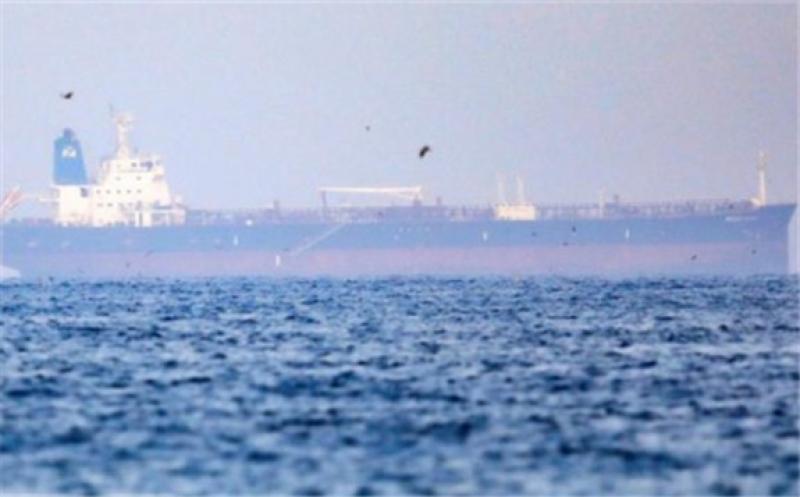South Korea will release 3.17 million barrels of its oil reserves in the first quarter of 2022 as part of the U.S.-led global effort by major oil-consuming nations to lower prices.

The volume to be released between January and March accounts for 3.3 percent of South Korea’s state oil reserves of 97 million barrels, according to the ministry of trade, industry and energy (Motie) cited by Argus.
Just over 2 million barrels of the release will be crude and will go to local refiners via loan agreements, and the other 1.09 million barrels will be petroleum products released via a bidding process to the highest bidder, South Korea said.
U.S. President Joe Biden said at the end of November that the Department of Energy would release 50 million barrels of oil from the SPR in a bid to lower high gasoline prices in a coordinated effort with other major oil-consuming nations. The SPR release from the United States will be carried out in parallel with other major energy-consuming nations, including China, India, Japan, South Korea, and the UK.
Despite the seemingly big number, 50 million barrels, the U.S. release actually equals around two and a half days of American petroleum consumption, which was at 20.5 million barrels per day (bpd) in the pre-pandemic 2019.
The other countries are going for much smaller releases, and the message seems to be that major oil consumers are coordinating efforts to try to lower high prices, while OPEC+ sticks to its guns over its oil production plan.
The oil market had already largely priced in SPR releases, with prices sliding before the official announcement. Analysts have also pointed out that one-off sales from strategic reserves cannot do much to move oil prices significantly lower.
What did move oil prices lower was the emergence of the Omicron COVID variant, which spooked the markets jut after Thanksgiving, leading to a 10-percent price collapse on the following day. Crude oil led the plunge in all markets as countries started to announce bans on flights from African countries. The low liquidity on the oil market in the festive period in the U.S. also contributed to the collapse in prices, which was the largest one-day crash since April 2020.